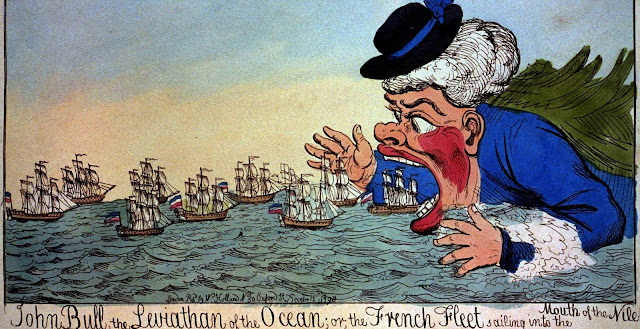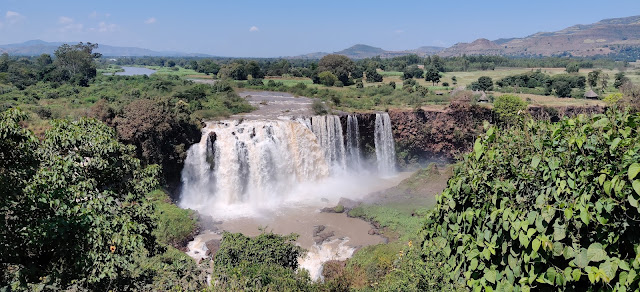Colonial legacies and identities of the GERD conflict

Battle of the Nile: the rule of the British Empire over the Nile still influences water politics In the last posts, I mentioned that the specific geography of the Basin is one of the main reasons for the difficulty of solving the conflict between Ethiopia and Egypt. However, I want to suggest something other than an environmentally deterministic conclusion that ignores social factors. In reality, the potential solution benefits of sharing and cooperation are hindered by the region's historical (colonial) legacies. When I asked locals' opinions about GERD during my time in Ethiopia, everyone was enthusiastic and satisfied with the project. They claimed it would 'compensate for the injustices of the past and bring a bright future to all Ethiopians'. This idea of injustice and strike back to Egypt appears in the following video (from 3:50). Ethoiphian leaders want to set the rules after the country's historical marginalisation on managing the water of the Nile. Simul
